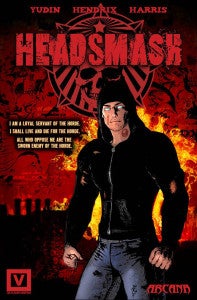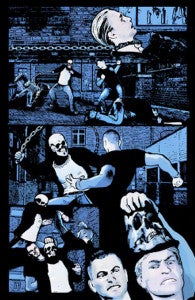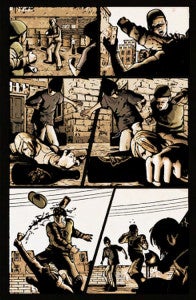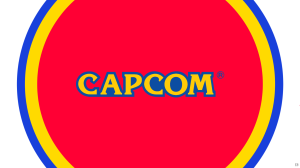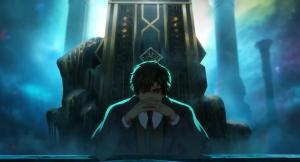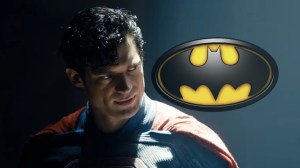Filmmaker Vlad Yudin has brought together an anticipated graphic novel, tied into a screenplay he’s developing for next year, and came to the Chicago Comic and Entertainment Expo this weekend.The story revolves around Smash, an orphan who’s brought up by a powerful and corrupt man and who finds himself squaring off against that man and his organization after his wife and unborn child disappear. Set in a “pre-apocalyptic” future, the story follows the physically-gifted Smash in his effort to rescue the ones he loves.Yudin joined ComicBook.com to discuss Head Smash this weekend.ComicBook.com: So you’re out in promotion of the comic, right? Not the movie?Vlad Yudin: I feel personally that nobody really markets graphic novels. I feel like people find out about graphic novels after they become something else–a film or a TV series or somethign like that. We’re putting a lot of effort into presenting the graphic novel to the world. We’re going to C2E2, going to Detroit Comic Con, going to various other comic cons. Ones in Miami, Texas, in Philadelphia of course, Wizard Con, and then of course unveiling the full book at San Diego Comic Con in July.ComicBook.com: There are a lot of elements that feel more street-level than the kind of dystopian concept betrays.Yudin: The main action takes place in the city of Ares, which is kind of a pre-apocalyptic society. It’s a city that’s completely deteriorated by corruption. The Horde has many different levels to it. It starts at a street/gang level where they recruit members and they train them and then it goes to the mid-level which is a more dominant part of the society and it goes all the way up to the elite of society. If you’d seen the actual graphic novel, there are different chapters where they talk about dominating the police force, dominating the legal system, dominating the actual logistical powers that run the city and way beyond that. It’s a very spiritual connection; they sell a premise that’s almost a religion, you know? You get in the Horde and you save yourself. They definitely dominate different avenues of how they rule and dominate the city.
C2E2 Exclusive: Vlad Yudin on Head Smash
Filmmaker Vlad Yudin has brought together an anticipated graphic novel, tied into a screenplay […]



